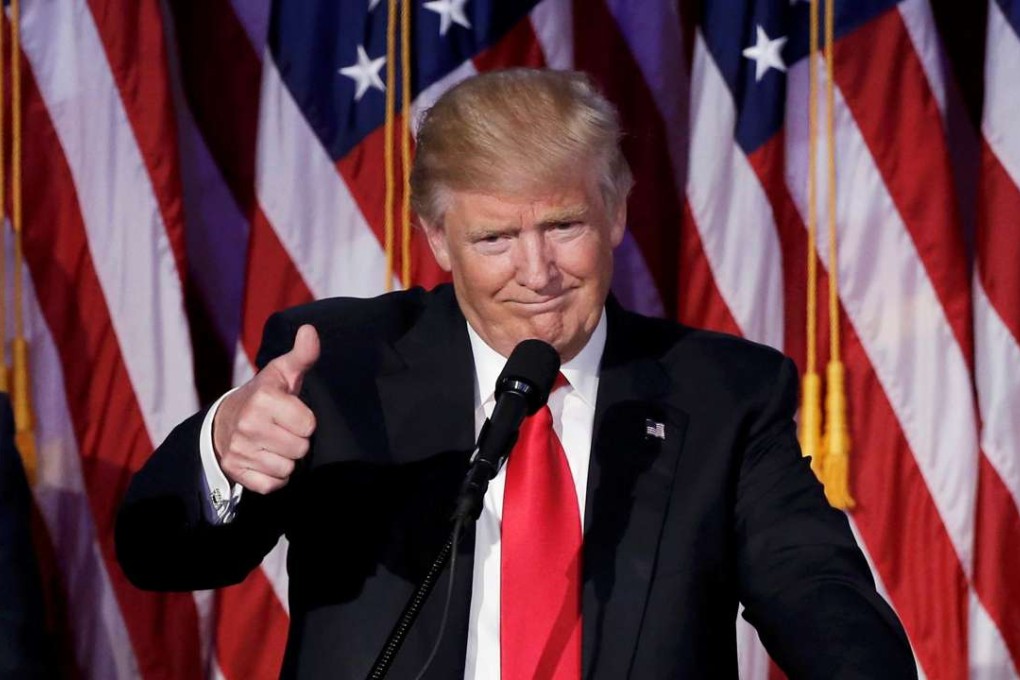Defying pundits and pollsters, Donald Trump is the next US president. Here’s how he did it
The billionaire populist tapped into an angry electorate fed up with Washington insiders - and he did it using far less cash than his rival Hillary Clinton

When Donald Trump glided down an escalator in Trump Tower in June 2015 with his wife Melania and announced his bid for the White House, he was probably the only one in the room who thought he could win.
Seventeen months later, the 70-year-old Republican billionaire tycoon and former reality TV star who has never held public office has, against all odds, been elected the 45th US president.
He surged to victory over Hillary Clinton on the back of acute anger among part of the electorate: those Americans who feel abandoned and betrayed by establishment politicians, and worried over free trade accords they see as threatening or having already stolen their jobs.
In his final campaign rallies on Monday, Trump promised a Brexit-style win - an allusion to the unexpected win of the ‘leave’ camp in the British referendum in June in favour of quitting the European Union.
Trump has kept his word. And in defying polls that made Clinton the favourite, American voters have decided to give him a chance. He won 290 electoral college votes out of the required 270, even though two-thirds of voters think he does not have the temperament to be president.
After her campaign team told supporters the race was too close to call and to go home, Clinton phoned Trump to concede defeat.